Given what’s going on in Washington right now, I had better come clean before I’m subpoenaed: I was friends with a Russian, indeed an actual high-ranking Soviet, spy. Pretty close friends, in fact.
His name was Yulian Semyonov and he was putatively a colonel in the KGB. He was also their best-selling author of espionage fiction, not the first novelist to have based at least some of his work on real-life spying (Fleming, Greene, LeCarré, etc). Write what you know, they say.
Yulian and I knew each other for about seven years, meeting initially in Mexico in the eighties to form the International Association of Crime Writers — the first writers’ group with officers on both sides of the Iron Curtain, probably under KGB auspices — then the Soviet Union, Spain, the U.S., and then again in the USSR. He once stayed in my Los Angeles home in the company of the minister of culture of Nicaragua in the days of the Sandinistas, a dashing fellow who bore more than a passing resemblance to Ché Guevara. Yulian himself resembled Hemingway. They were en route to Managua and wanted me to come with them. (There goes any potential job I have in the Trump administration!)
I have written about this before but now — with congressional committees grilling people about the likes of Michael Flynn and Carter Page with the specter of Russian blackmailing looming in the background — I have to come forward with the following observation:
If you knew somebody anywhere close to the upper echelons of Soviet society then (and now — Russia today is virtually the same thing with more SUVs), chances were above ninety percent he/she was a spy on some level or in close contact with one. The only exceptions were the dissidents — and some of them were spies. If Sly Stone had been Russian, he would have titled his famous hit “Everybody Is a Spy!”
If I know this, the CIA and the NSA must know this and everybody on those congressional committees (well, maybe with a few exceptions) knows this. Also, (presumably) Michael Flynn and Carter Page knew this. The whole thing we’re watching now is essentially a partisan charade, on the off-chance you hadn’t noticed — in which case either you’ve had a lobotomy or work at MSNBC.
So why did I join that international writers’ group when I suspected even then the KGB was paying? Well, curiosity. I’m a writer. It was a great chance to see a distant and somewhat forbidden part of the world and get to know people I would almost never have a chance to meet. Am I glad I did it? Of course. Did it have an effect on me? The opposite of what might have been intended — it turned me away from socialism or anything like it, never to return. From the moment I first arrived in the Soviet Union, I hated what I found — other than those gorgeous churches and some pelmeni and other treats you can get in the Russian Tea Room on 57th Street. I felt I was in a giant jail and wanted to get out almost immediately.
But I learned some things. For example, one night, over endless shots of Stoli, Yulian admitted to me how much Russians, although they were loath to say so, were jealous of Americans. They deeply wanted to be us. In those days, almost comically, it was credit cards. He wanted to have them (at a low interest rate, I’m assuming). Far more poignantly, he told me about his childhood, what a terrifying experience it was for his friends and him when their parents were dragged away in the night by the NKVD, not to reappear for years or possibly forever. It was one of those situations when I watched a grown man cry, justifiably. Later I was told Yulian had been poisoned by the KGB at one point. I don’t know whether that was true. But in Russia, Soviet and modern, things can turn around on you pretty quickly. You have to learn to adapt in ways none of us can imagine, even those like me who think they’re daring for switching political parties. Big deal.
I arrived back from Moscow with an abiding hatred for totalitarianism because I had seen it up close. I was losing patience with those, like me, who had coddled or appeased despotism. When it came to the Soviet Union, virtually all of those people, if they were in one of our major parties, were Democrats.
So when I watch the congressional hearings on Russia what I see is nothing but truly nauseating hypocrisy, pompous bores like Dick Durbin inveighing against possible collusion with Moscow, the same people who ten years ago — make that ten months — would have been saying the opposite and urging the very collusion they now condemn. (My bet is that Durbin et al. spoke to more than a few Russian spies in their day, wittingly or not.)
As for Flynn, it seems the man may have been astonishingly clueless about when to open his mouth, but even if so, I suspect his intentions were pretty good, maybe just about right. He saw the changing of administrations as the chance to winnow the Russians away from the maniacal mullahs of Iran. He was launching, prematurely evidently, into early negotiations to get that accomplished through sanctions relief. Or so it appears. We don’t know because the transcript won’t be released, per Sally Yates, for “security reasons.” But what security reasons could those be? A few lines might tell the whole story without revealing anything about security other than what we already know — that the ambassador was surveilled (duh). Come to think of it, why wouldn’t Flynn assume the Russian ambassador was always under perpetual electronic surveillance? It’s SOP…. Incredible naivety on his part or is this another witch hunt? Whatever the case, Flynn is gone.
But the collateral damage of his firing is far worse. We have no chance to negotiate with Russia now, even if we wanted to or could. Iran wins. Bravo (or something), Democrats!
And, by the way, why did the Democratic National Committee refuse to show their hacking evidence to the FBI? That one I don’t think even Semyonov could answer. Or maybe the details were just too embarrassing.
And speaking of embarrassing, how did Macron’s people let the same thing happen to them after it had already happened multiple times during the American election? How do you say doofus en français?
Yulian Semyonov died in 1993 at age 61. He had had a stroke in 1990 when I was in Moscow from which he never recovered.
Roger L. Simon is an award-winning novelist, Academy Award-nominated screenwriter and co-founder of PJ Media. His latest book is I Know Best: How Moral Narcissism Is Destroying Our Republic, If It Hasn’t Already. Follow him on Twitter @rogerlsimon.


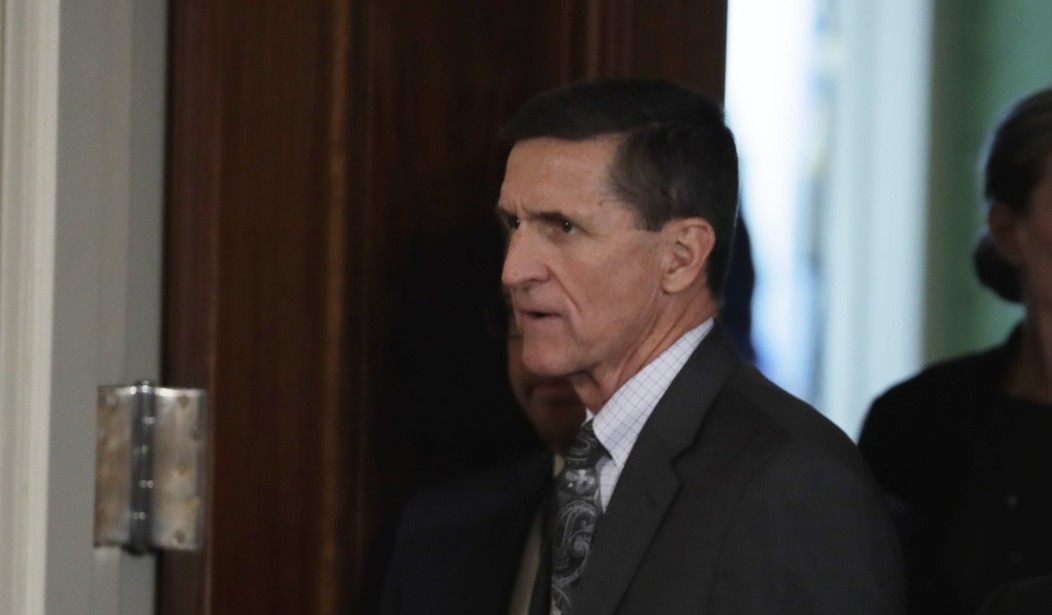
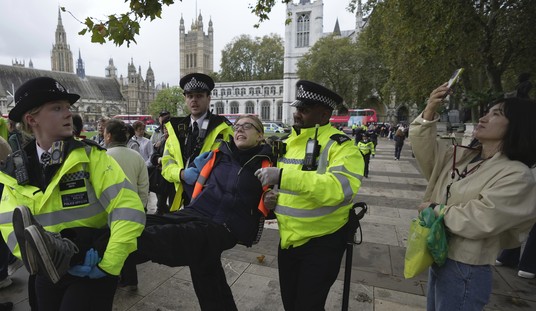
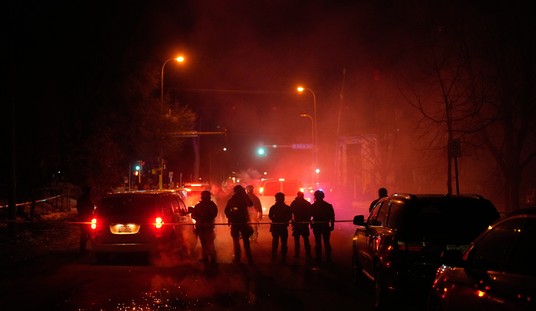

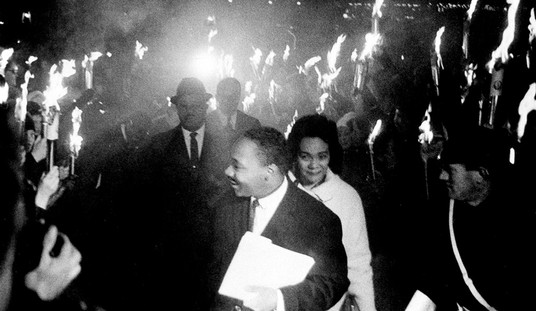

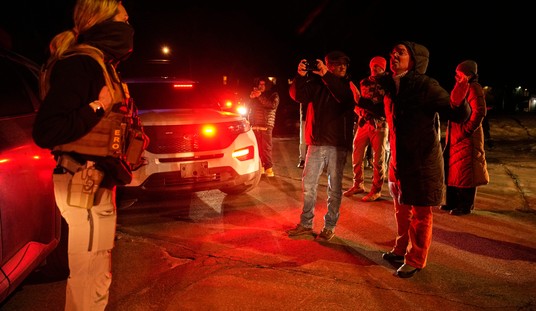
Join the conversation as a VIP Member